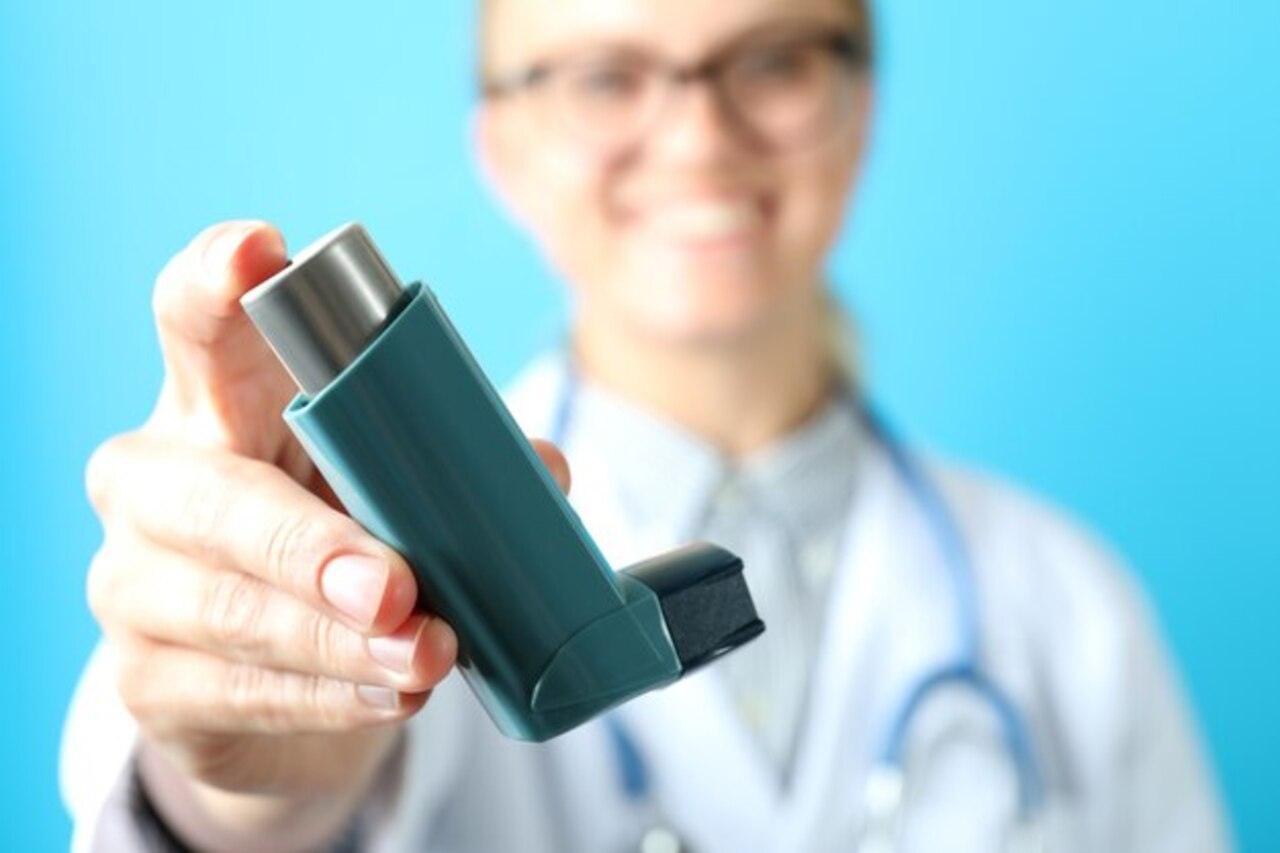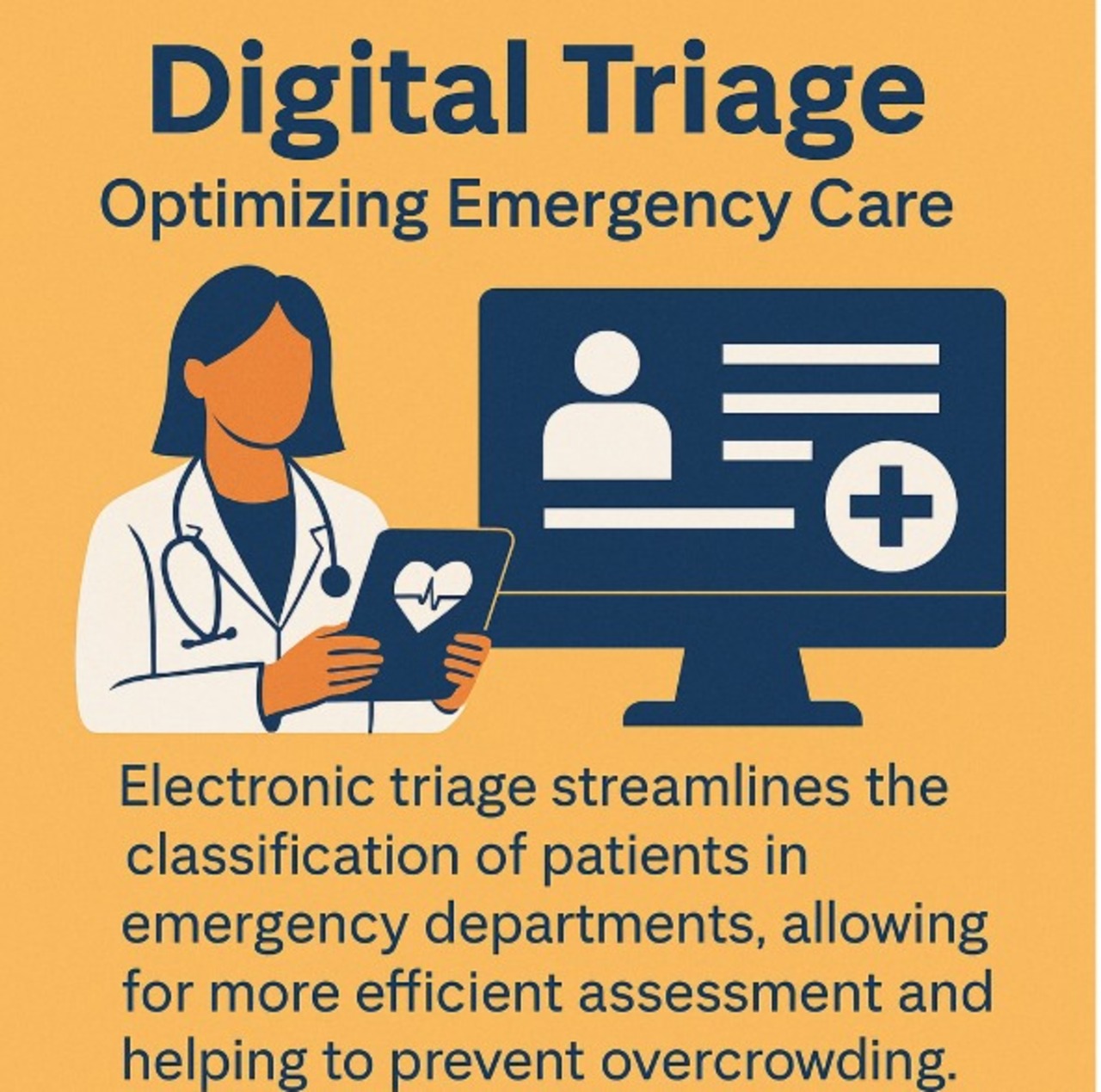
FDA: COVID Vaccine Trials with Inhalers Begin
The U.S. Food and Drug Administration (FDA) has recently authorized a clinical trial to evaluate the effectiveness of an inhaled COVID-19 vaccine.
FDA Approves Clinical Trial for COVID-19 Vaccine Administered via Inhaler
The U.S. Food and Drug Administration (FDA) has recently authorized a clinical trial to evaluate the effectiveness of a COVID-19 vaccine delivered through an inhaler. This innovative approach aims to offer an alternative to traditional injectable vaccines, making administration easier and potentially enhancing the immune response by targeting the respiratory tract, the primary entry point of the SARS-CoV-2 virus.
Clinical Trial Details
- Participants: The study will involve 80 healthy adults aged 18 to 64 years.
- Trial Start Date: The trial is expected to begin in the second quarter of 2025, though exact dates remain subject to final approval from ethics committees and recruitment logistics.
- Administration Process: Unlike traditional vaccines that are given via intramuscular injection, this vaccine will be delivered directly to the lungs using an inhaler, similar to those used by asthma patients. This method aims to trigger a strong immune response in the respiratory mucosa, providing a first line of defense against the virus.
Study Objectives
The primary goal of the trial is to evaluate the safety and tolerability of the inhaled vaccine in humans. Additionally, researchers will analyze the immune response generated, comparing it with that of current injectable vaccines. The study will also explore the optimal dosage and the most effective administration regimen.
Potential Advantages of Inhaled Vaccines
- Non-Invasive Administration: Using inhalers eliminates the need for needles, which could increase vaccine acceptance among people with needle aversion.
- Localized Immune Response: By targeting the respiratory tract directly, the vaccine may induce stronger mucosal immunity, blocking the virus at its main entry point.
- Easier Distribution: Inhalers are easy to use and could simplify logistics, especially in resource-limited areas.
Challenges and Considerations
Although inhaled vaccines offer multiple advantages, they also present challenges, such as ensuring the stability of the vaccine in aerosol form, achieving a uniform dosage, and evaluating efficacy across different demographic groups. Additionally, it is crucial to monitor potential side effects specific to inhaled administration.
Future Outlook
If the trial yields positive results in terms of safety and efficacy, inhaled vaccines could become a valuable tool in the fight against COVID-19 and other respiratory diseases. This innovative approach has the potential to complement existing vaccination strategies and improve global immune coverage.
It is important to note that, while this development is promising, inhaled vaccines are still in the early stages of research. More studies and time will be required before they become available to the general public.











LEAVE A COMMENT: